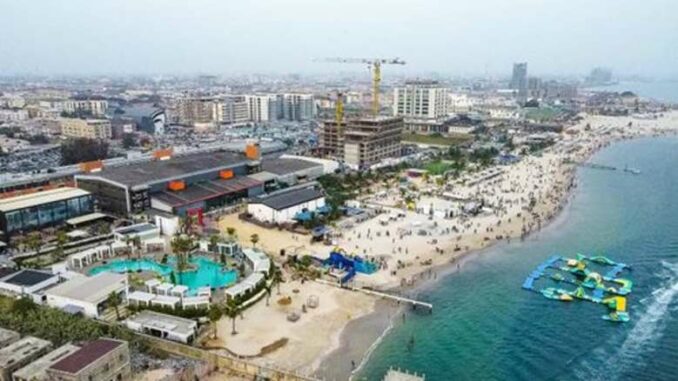
When Lagos state announced the demolition of Paul Onwuanibe’s Landmark Beach resort for a new 700-kilometer coastal highway, the Nigerian entrepreneur was stunned, mistaking it for an early April Fools’ joke. The resort, a bustling hub for over 80 businesses and a major draw for both local and international tourists stands in the path of a project aiming to enhance connectivity from Lagos to Calabar. Despite the resort’s significance, including its listing among Nigeria’s top beaches and its substantial contribution to employment and tax revenue, the government’s plans press on.
Acquiring the land before the highway’s conception, Onwuanibe faces the loss of a site valued at over $200 million, jeopardizing thousands of jobs and the future of a key tourist destination. The proposed highway, while potentially boosting the economy and mirroring iconic coastal roads globally, raises concerns over environmental damage and the impact on foreign investment in Lagos’s tourism and broader economic sectors.
Critics and Onwuanibe alike call for careful reconsideration of the project’s route and thorough environmental assessments to minimize ecological and economic fallout. The entrepreneur stresses the need for dialogue with the government, hoping for a resolution that safeguards the interests of businesses along the coast, ensuring that development serves as a boon rather than a bane to the thriving economic activities in the area.
